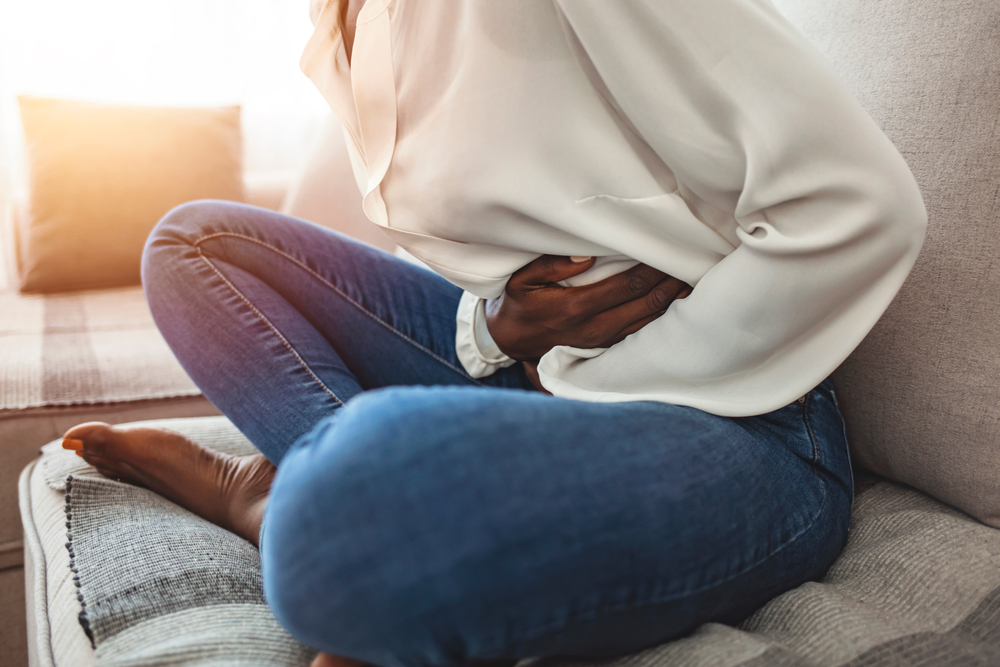Instead, it is a type of viral gastroenteritis that spreads quickly and leaves those infected feeling weak and exhausted. Unlike the flu, which primarily affects the respiratory system, this illness targets the digestive tract, causing sudden bouts of nausea, vomiting, diarrhea, and abdominal pain.
Most cases of the 24-hour stomach bug are caused by norovirus, one of the most contagious viral infections. While it is often associated with foodborne outbreaks, norovirus can spread through multiple pathways, making it difficult to avoid in crowded environments. Schools, offices, cruise ships, and healthcare facilities frequently experience outbreaks due to how easily the virus transmits from person to person.
How the virus spreads so quickly
Norovirus spreads through direct contact, contaminated food or water, and even airborne particles from vomit. The virus is incredibly resilient, surviving on surfaces for days and requiring only a tiny number of particles to cause infection.
One of the reasons this illness spreads so rapidly is that infected individuals remain contagious even after symptoms disappear. Many people unknowingly pass the virus to others by touching shared surfaces, preparing food, or failing to wash their hands thoroughly after using the restroom.
Recognizing symptoms and when to worry
The 24-hour stomach bug causes sudden and intense symptoms that come on quickly. The most common signs include:
- Nausea and frequent vomiting
- Watery diarrhea
- Severe abdominal cramping
- Low-grade fever
- Fatigue and muscle aches
- Occasional headaches
Symptoms usually begin within 12 to 48 hours after exposure and last anywhere from one to three days. While most people recover without complications, dehydration can become a serious concern, especially for young children, older adults, and individuals with weakened immune systems.
It is important to seek medical attention if symptoms persist beyond three days, if there are signs of severe dehydration such as dizziness and reduced urination, or if vomiting and diarrhea prevent proper hydration.
Is it food poisoning or the stomach flu?
Many people confuse food poisoning with the 24-hour stomach bug because both conditions cause similar digestive symptoms. However, they originate from different sources and follow distinct patterns.
Food poisoning occurs when harmful bacteria or toxins contaminate food. Symptoms usually appear within hours of consuming contaminated food and often affect multiple people who ate the same meal. The illness may pass more quickly than a norovirus infection, depending on the severity of the contamination.
The 24-hour stomach bug, on the other hand, spreads through direct human contact and contaminated surfaces, not just food. Unlike food poisoning, it can pass from person to person, continuing to infect new individuals for several days.
How to recover quickly and prevent dehydration
There is no specific cure for the 24-hour stomach bug, but supportive care can ease symptoms and speed up recovery. The most important aspect of treatment is preventing dehydration, which can occur quickly due to excessive vomiting and diarrhea.
To stay hydrated, take small sips of water, electrolyte solutions, or clear broths throughout the day. Avoid caffeinated drinks, alcohol, and sugary beverages, which can worsen dehydration.
Eating solid food too soon can aggravate nausea, so it’s best to start with bland, easy-to-digest options such as:
- Plain toast or crackers
- Bananas
- Rice
- Applesauce
- Boiled potatoes
Getting plenty of rest is also essential, as the body needs time to fight off the virus. Most people recover fully within a day or two, but taking an extra day to regain energy can prevent relapse.
Preventing future infections and protecting others
Because norovirus is highly contagious, practicing strict hygiene is the best way to prevent infection. Frequent handwashing with soap and water is the most effective defense, as alcohol-based hand sanitizers are not as effective against norovirus.
Other preventative measures include:
- Disinfecting commonly touched surfaces such as doorknobs, light switches, and bathroom fixtures
- Washing fruits and vegetables thoroughly before eating
- Avoiding food preparation when feeling unwell
- Staying home for at least 24 hours after symptoms subside to prevent spreading the virus to others
Understanding the true nature of the 24-hour stomach bug helps people take the right precautions, manage symptoms effectively, and reduce its spread. While the illness is short-lived, its impact can be disruptive, making prevention and proper care essential for minimizing discomfort and recovery time.

















